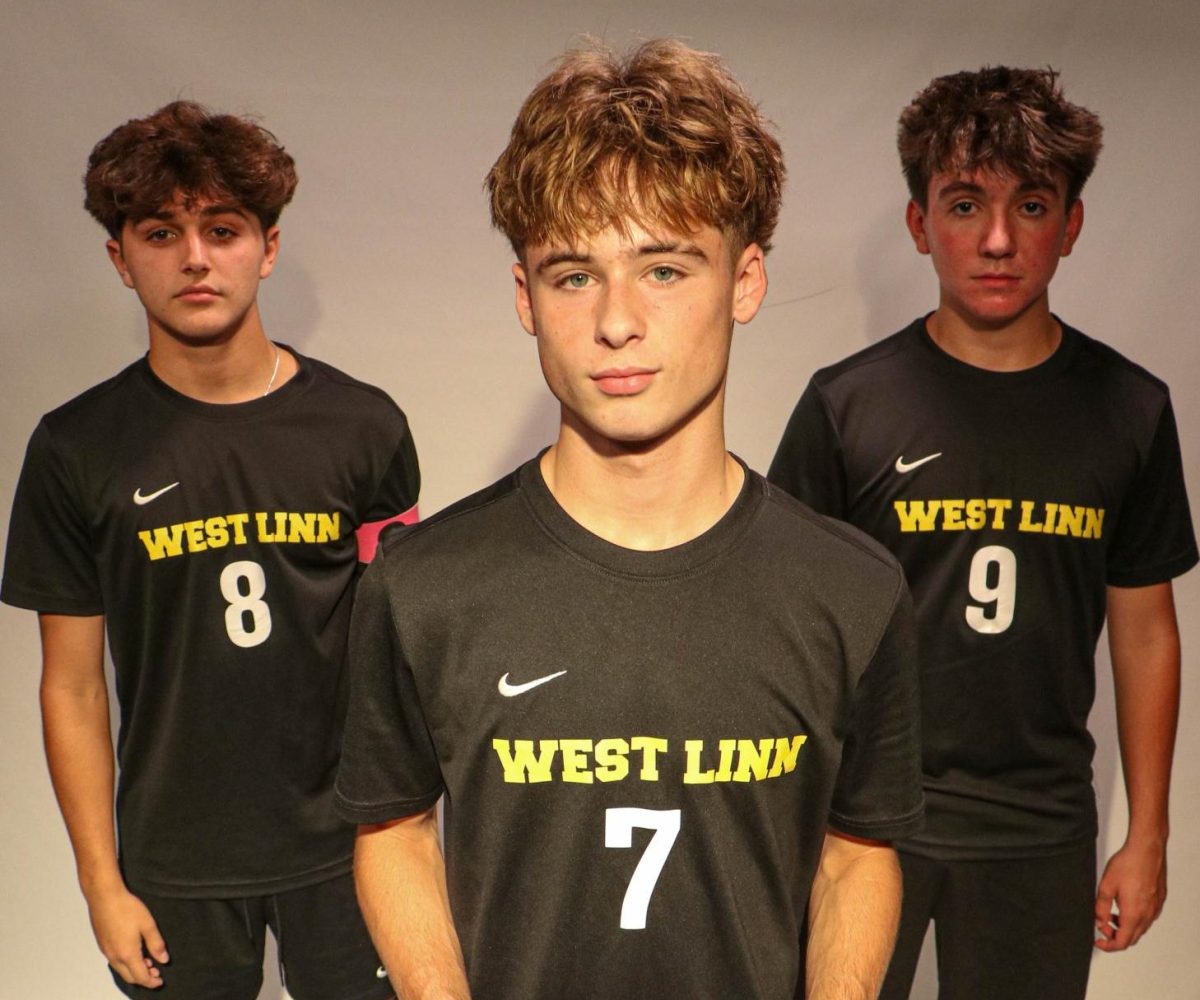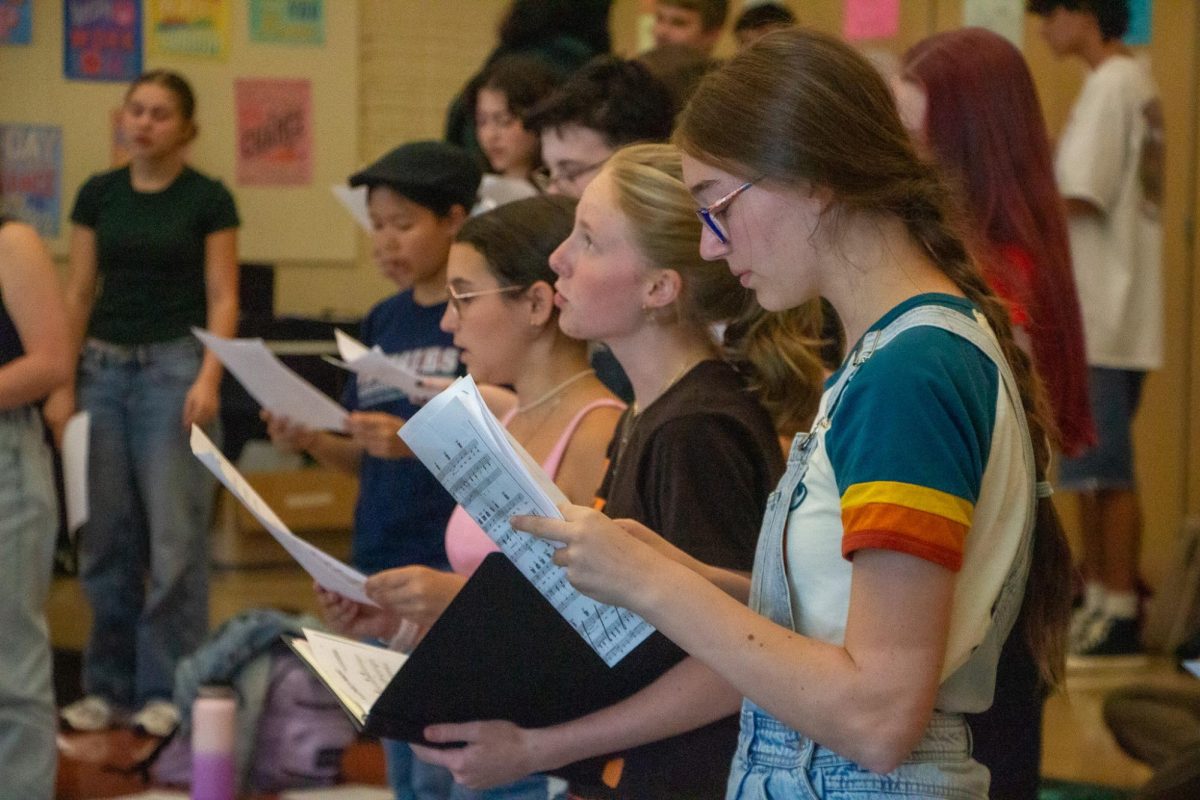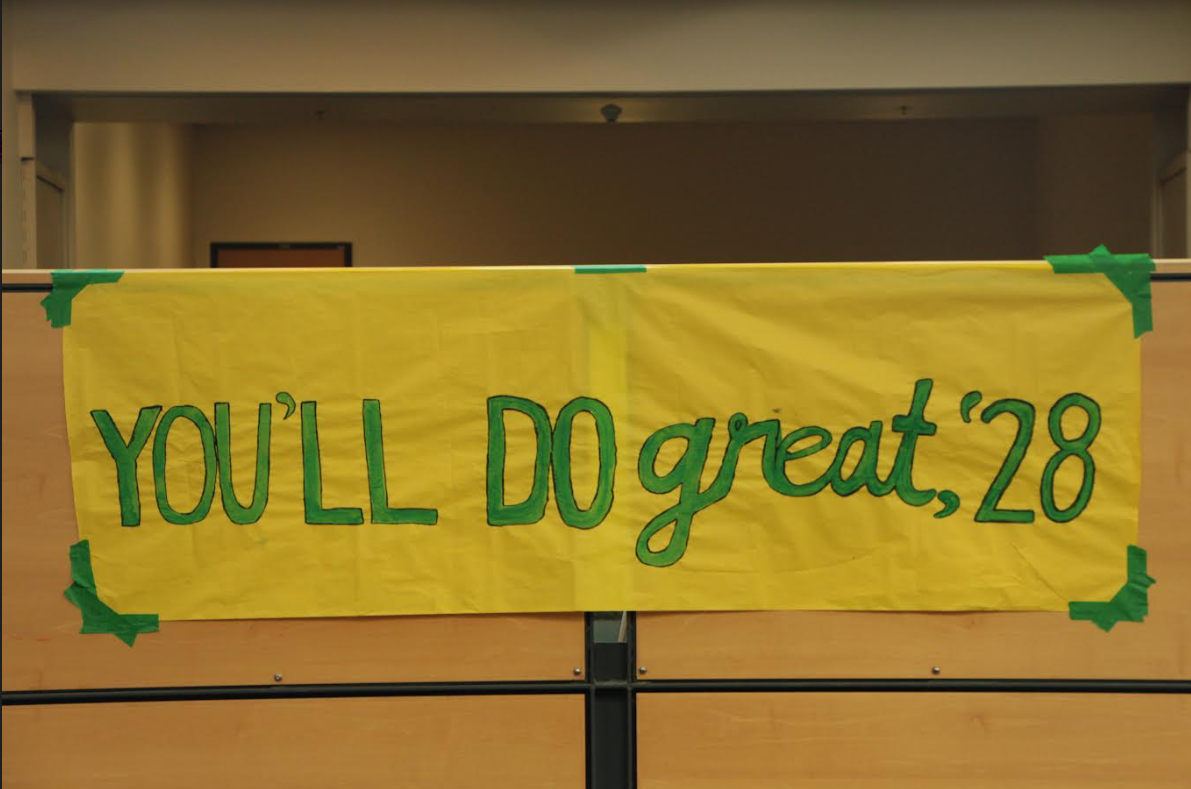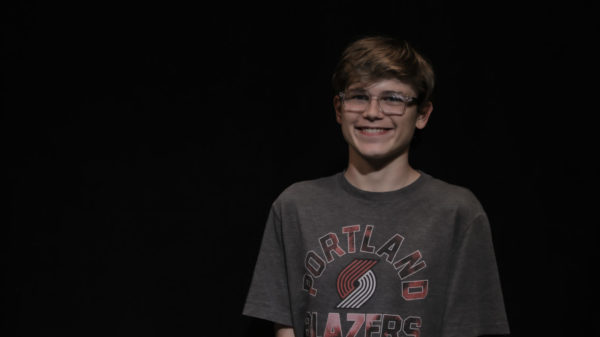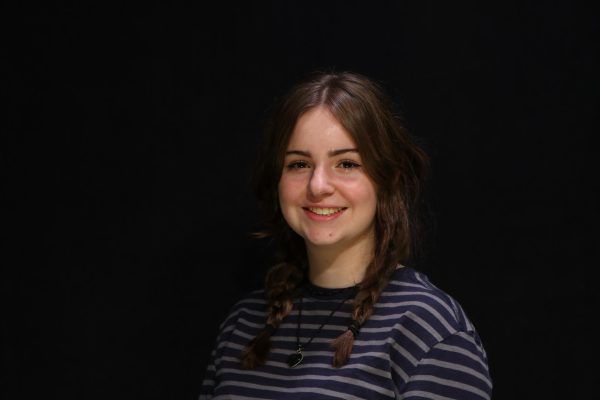Astronomy is a frontier science. In contrast to sciences that consist of models and law, frontier sciences rely on hypotheses and models that have yet to be widely accepted.
This year, the school is introducing Astronomy, a class where students can study the stars, make observations, create hypotheses, and conduct experiments. Sophie Kirscht has been teaching at the school since 2018 and was chosen as the class’s teacher.
“We have four basic units,” Kirscht said. “We’ll talk about the physics laws that govern our universe, and all the processes that lead to planetary accretion and whatever else influences that.”
For the first semester, Kirscht looks to use a four-point rubric for every assignment. She is considering using the one-to-four point grading scale next semester.
Astronomy is a semester-long class, unlike some other science courses. However, much like a physics or chemistry class, Astronomy will consist of labs and research.
“A lot of labs consist of looking at data because we can’t really replicate what’s happening out in the universe,” Kirscht said. “So a lot of times we have to look at datasets, or observe something like the night sky, then we trust that data or the observation and then hopefully, we can make a prediction. The process is the same in any science class, [but] Astronomy is different because we’re not going to be gathering data ourselves, we’re dealing with data that already exists.”
In each of the four units in the curriculum, students will create a project to convey their learning. Though each project will depend on the unit, projects will rely on research and some will be interactive.
“We have a project coming up,” Kirscht said. “That’s going to conclude our first unit where students are going to study a specific culture and their achievements in regards to astronomy. Then they’re going to share their findings about how astronomy shaped these ancient cultures’ knowledge of the universe.”
Each class will start with a warm-up. After that, the class will go through various activities, ranging from studying simulations, creating podcasts, making posters, to taking notes.
Additionally, labs and observation sessions may not be in the classroom all the time. Caitlin Duncan, senior, took Astronomy because they have experience with the subject outside of school.
“I heard we’re going to have a stargazing field trip at one point, so I hope that happens because that would definitely be fun,” Duncan said. “I’ve always stargazed on my own, and I feel like it would be super interesting to have a teacher point out stars and constellations [so] I can learn things so I can use [the skills] on my own.”
For Duncan, astronomy has been one of their favorite activities outside of school. When they heard about the introduction of the class, they were excited.
“I’m hoping to be able to analyze and predict more data from things given to us,” Duncan said. “I feel like astronomy is going to be integrated into the future a lot more as we learn more about it.”
Kirscht also thinks that learning astronomy will help students understand the future, as well as the past. She hopes to help students understand how astronomy ties in with those.
“I’m just excited to teach the processes. I think that [astronomy] governs the universe because I feel like the more we understand about the world around us, the more educated we are, the more free we really are,” Kirscht said. “We can come up with ideas and come to our own conclusions. So understanding where we come from [and] how our planet was made, [as well as] how the universe was made, I think it’ll help anyone who’s interested.”


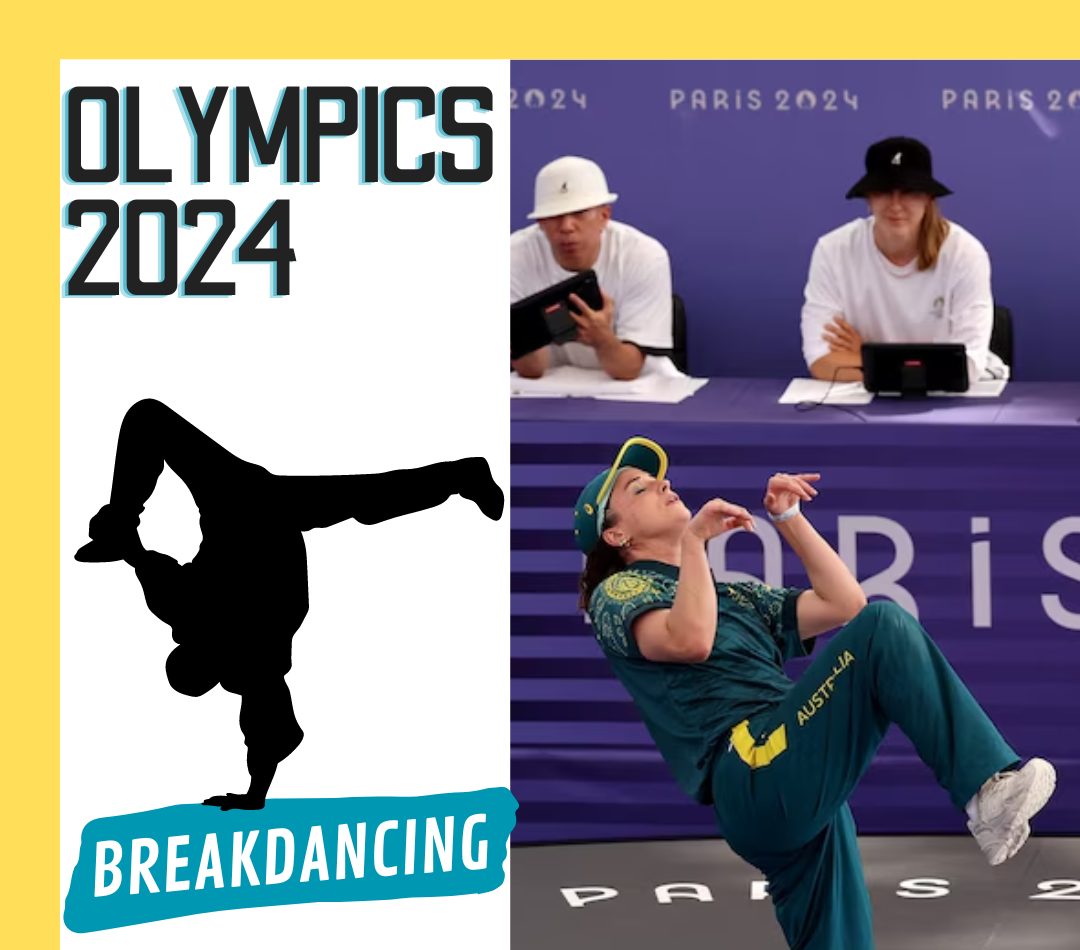
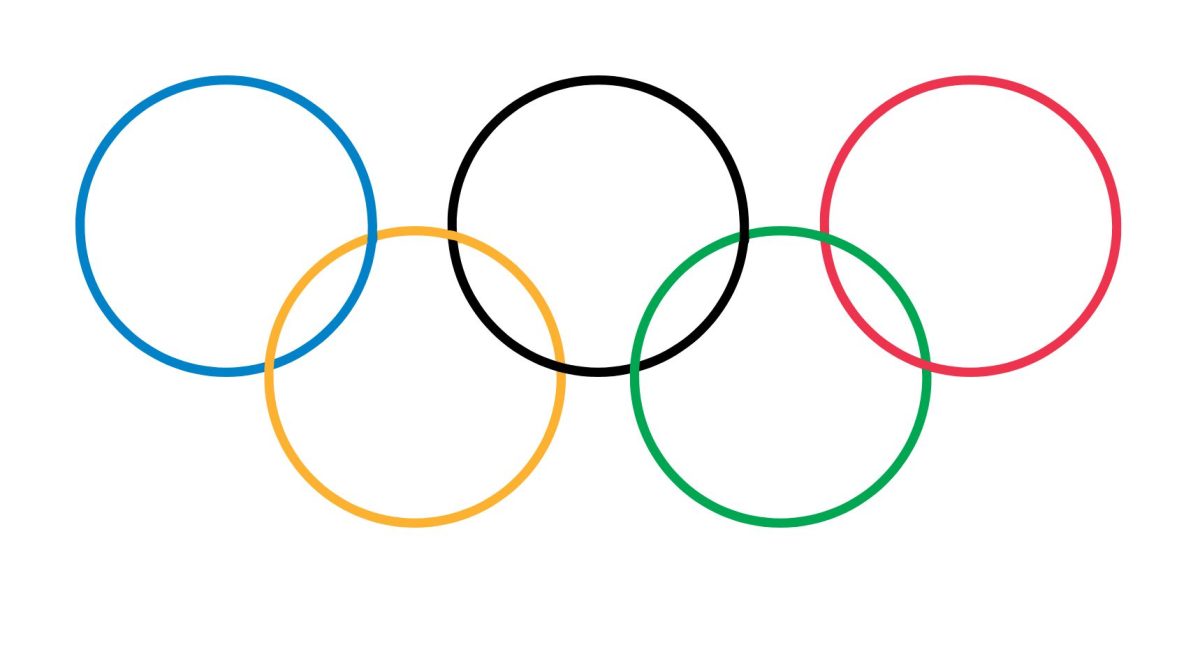
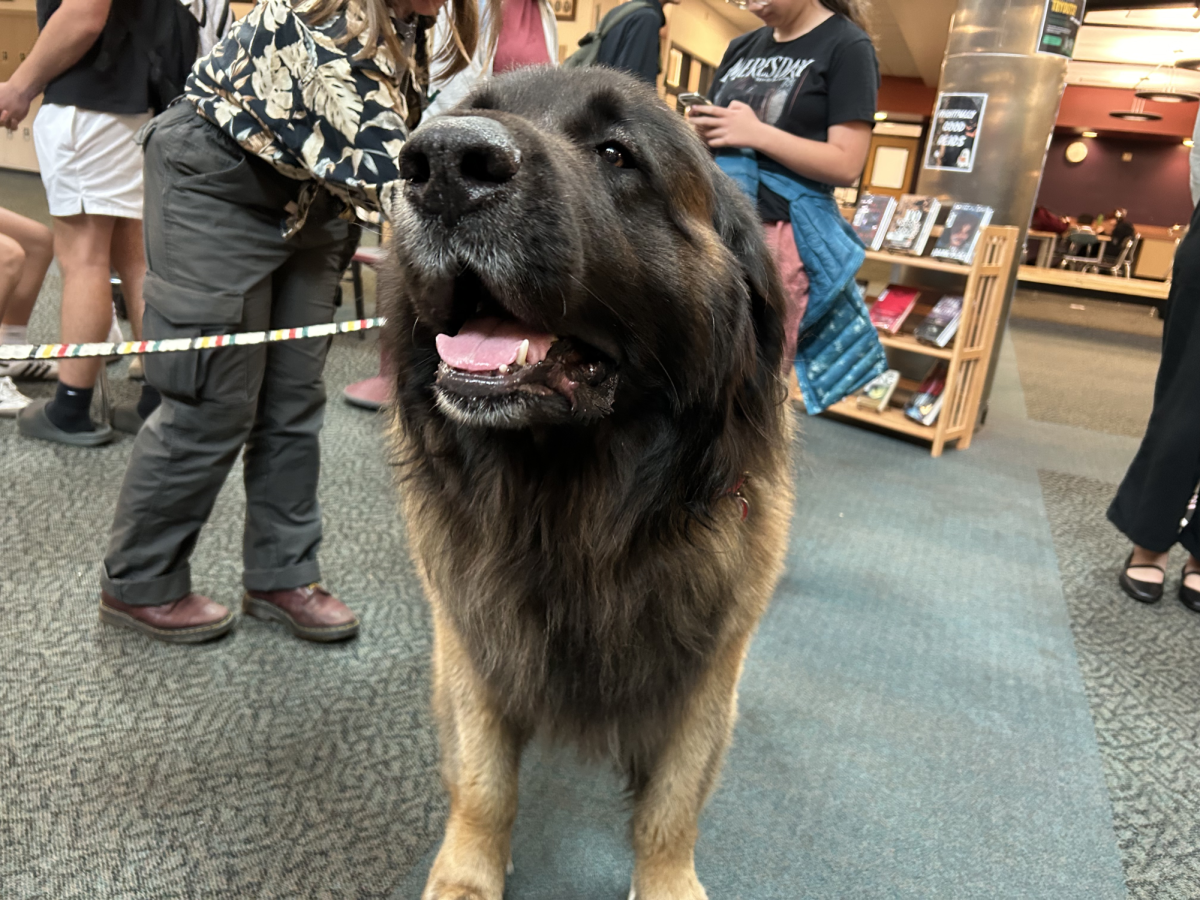























![The teams prepare to start another play with just a few minutes left in the first half. The Lions were in the lead at halftime with a score of 27-0. At half time, the team went back to the locker rooms. “[We ate] orange slices,” Malos said. “[Then] our team came out and got the win.”](https://wlhsnow.com/wp-content/uploads/2023/10/IMG_2385-1200x800.jpg)
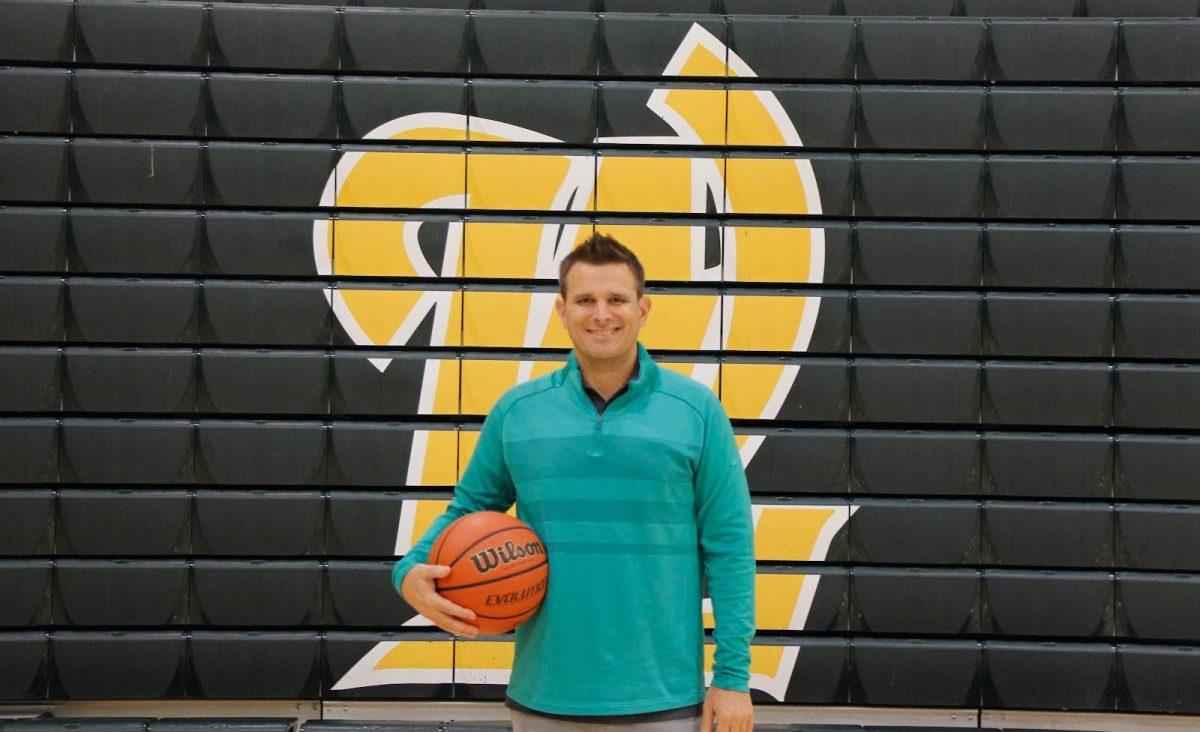







![At the bottom of the third inning, the Lions are still scoreless. Rowe stands at home plate, preparing to bat, while Vandenbrink stands off to the side as the next batter up. Despite having the bases loaded, the team was unable to score any runs. “It’s just the beginning of the season. We’re just going to be playing out best by June, [and] that’s where champions are,” Rowe said.](https://wlhsnow.com/wp-content/uploads/2024/03/IMG_3077-1200x900.jpg)



